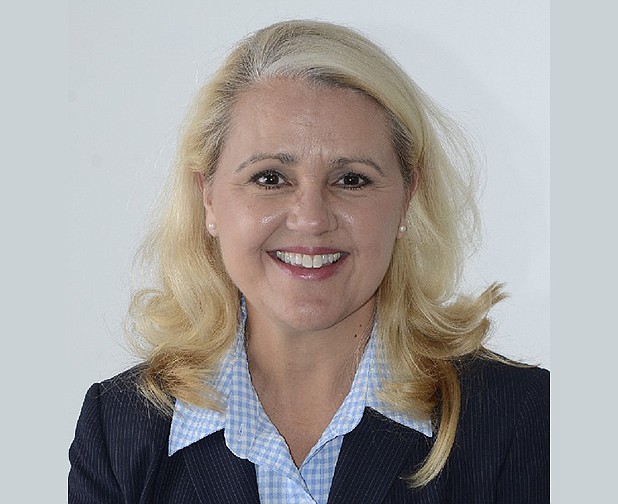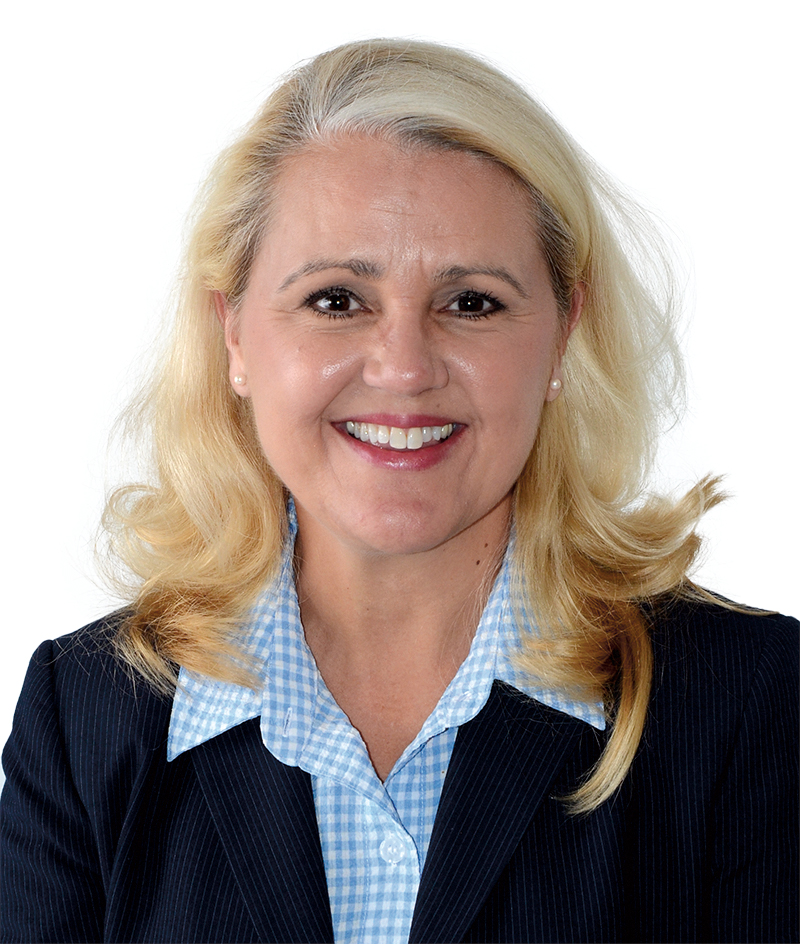Just last week, the public saw two stories that had individuals confronted with family members who chose not to respect personal and private property. Those two individuals made completely different decisions on how to deal with their relatives, and the outcomes should inform us all.
First, a great-grandmother filed charges against her 24-year-old grandson after obvious discrepancies in her savings and checking accounts appeared. Following the death of her husband in March 2013, a Hamilton County woman added her great-grandson to her financial accounts to assist her after her loss.
The young Harrison man is accused of helping himself to $157,990.60 from her savings and $31,000 from her checking account. The Aug. 23 Hamilton County Sheriff's Office booking report records the charges as "willful abuse/neglect of an impaired adult." This man is set to appear in court before Judge Clarence Shattuck this week.
On Aug, 25, a "domestic call" in Blount County ended initially with no arrest. Law enforcement officers responded to the home of a father who "did not want to place charges against his son," leaving the sheriff's officers "no reason without any sign of physical injury to take him into custody," according to Blount County Sheriff James Berrong.
Sheriff Berrong, like most others, expressed his wishes to "turn back the clock and erase this" in his public remarks following the second call to the same address later in the afternoon. That call resulted in the shooting death of Maryville Police Officer Kevin Moats, the father of three children and a nine-year law enforcement officer.
The shooter apprehended after the second fateful call, according to Sheriff Berrong, had an "active order of protection from Sullivan County" against him and was flagged as "a dangerous individual in the NCIC (National Crime Information Center) machine."
In other words, the father who didn't want to place charges against his son most likely knew of his pre-existing behavior and tendencies that had him designated as a danger to society.
Those two stories involve families who had no desire to believe their own family could or would be criminal. Both involve a parent or grandparent being placed in a position to decide whether to turn in their law-breaking family member. One made a very difficult decision, and the young family member will face his future, hopefully, with some sort of restitution involved and a chance to make right choices.
The second adult in Maryville appears to have rejected the fact that past behavior is the best predictor of future behavior. In embracing a hopeful notion, not only was the public placed in danger, but a wife and three children will live their lives as victims of faulty decision-making of others.
The basis of these two stories are rooted in the simple question: Do you enable those around you in a positive or negative fashion?
In the world of psychology, there's a double meaning of the term "enable." The positive use is to empower others within your influence that permits and encourages growth, development and maturity. This usually occurs through structure, accountability and reinforcement of positive behaviors and, yes, consequences for negative behaviors.
Conversely, the negative use of the term "enable" involves removing accountabilities, responsibilities and expectations which permit undesirable or harmful behavior.
Anne Frank, who died in a Nazi concentration camp, pierces reality with a truth: "Our lives are fashioned by our choices. First we make our choices. Then our choices make us."
Choices should have consequences.
Robin Smith, former chairwoman of the Tennessee Republican Party, is owner of Rivers Edge Alliance.

